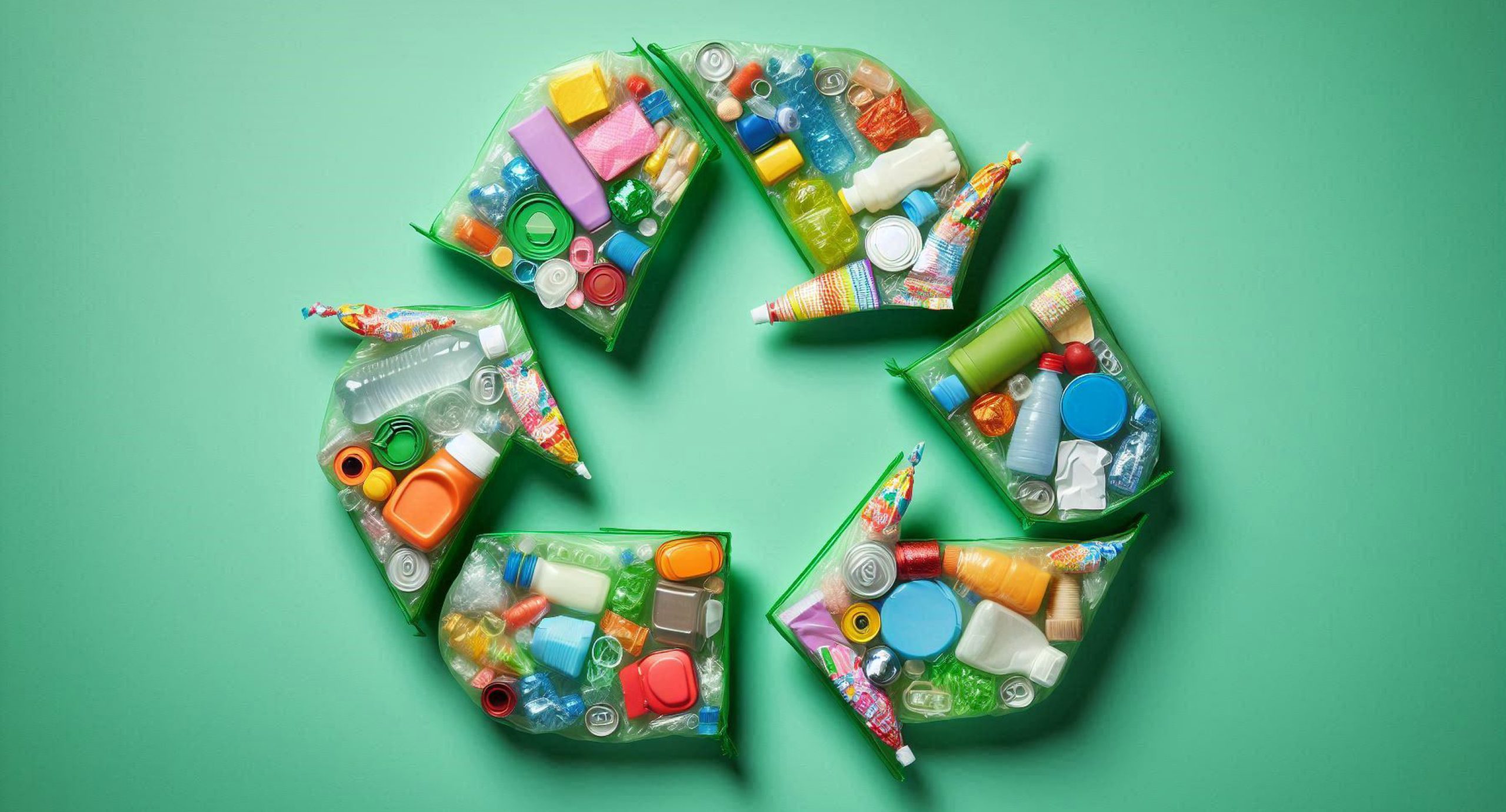In today’s world, where packaging accounts for over 40% of global plastic use and contributes significantly to landfill and ocean pollution, sustainable packaging is no longer a niche – it’s a necessity. Regulatory bodies are responding with increased urgency. For example, the EU’s Packaging and Packaging Waste Regulation (PPWR) mandates higher recycling targets and minimum recycled content in plastic packaging. In the U.S., states like California are rolling out similar Extended Producer Responsibility (EPR) frameworks.
One Group, Several Companies, One Circular Vision
MPP Group consists of specialized companies, each contributing to the packaging value chain, and each playing an active role in sustainability.
MPP: Reclaiming Single-Use Cups
As one of Israel’s main producers of polypropylene (PP) and polystyrene (PS) cups and containers, MPP produces nearly 500,000 single-use cups per hour, accounting for about 25% of national production. Recognizing the environmental implications of this scale, we’ve launched an innovative closed-loop collection program: partnering with offices and companies across the country, we collect used PP cups and recycle them into Post-Consumer Recycled (PCR) material — which is then used to make new packaging products.
MCP: Up to 70% rCPET for Food Trays
MCP produces high-performance trays for ready meals and airline catering, where the use of recycled CPET (rCPET) is already mainstream. Many of our trays – designed for both hot and cold applications – contain 30% to 70% PCR content, sourced from post-consumer recycled PET. This not only helps meet EU food-contact guidelines, but also significantly reduces the trays’ carbon footprint.
MCP’s products are designed to align with eco-design principles, enabling better recyclability, lightweighting, and optimized material use – key aspects of the European Green Deal goals.
Polyraz: RecyClass-Certified Sheet Production
Polyraz, the sheet extrusion division of MPP Group, plays a central role in upstream sustainability. Certified by RecyClass, Polyraz manufactures PP and PS sheets containing up to 50% recycled content in full compliance with EN 15343:2007 standards. These sheets are used for thermoforming dairy, salad, and deli containers, and are produced through a controlled and traceable blending process.
Polyraz also collects PS sheet trimmings from dairy producers across Israel, grinds the material, and reintegrates it into new rolls — another example of how industrial waste becomes a valuable resource.
Recycling in Action: From Waste to Packaging
Across the group, Post-Industrial Recycled (PIR) materials – such as offcuts, trims, and production scrap — are reincorporated into the manufacturing process. By doing so, the companies not only minimize waste, but also reduce reliance on virgin plastic, in line with global decarbonization goals.
Our “design-for-recycling” philosophy ensures that packaging is not only made with recycled content, but can itself be easily recycled at its end of life.
Why Recycled Polystyrene Is Making a Comeback
Polystyrene (PS) has long been challenged due to negative perceptions around recyclability. However, recent innovations and improved recycling technologies have turned the tide. Much like PET, PS offers excellent mechanical properties and is increasingly accepted for food-contact recycling- with expected approvals from the European Food Safety Authority (EFSA).
But beyond regulation lies a deeper responsibility: ensuring that plastic packaging can fit into a truly circular economy. At MPP Group, we’ve taken that challenge to heart – embedding recycled content and in-house recycling systems across our entire manufacturing ecosystem.
Looking Ahead: A Shared Responsibility
With pressure mounting from both consumers and policymakers, the transition to sustainable packaging is not optional – it’s imperative. We are committed to leading this transformation not through slogans, but through tangible actions: integrated recycling systems, certified material streams, and closed-loop innovation.
We believe sustainability is not a destination, but a continuous journey. Through collaboration, transparency, and investment in circular design, we strive to shape a packaging industry that serves both people and planet.




